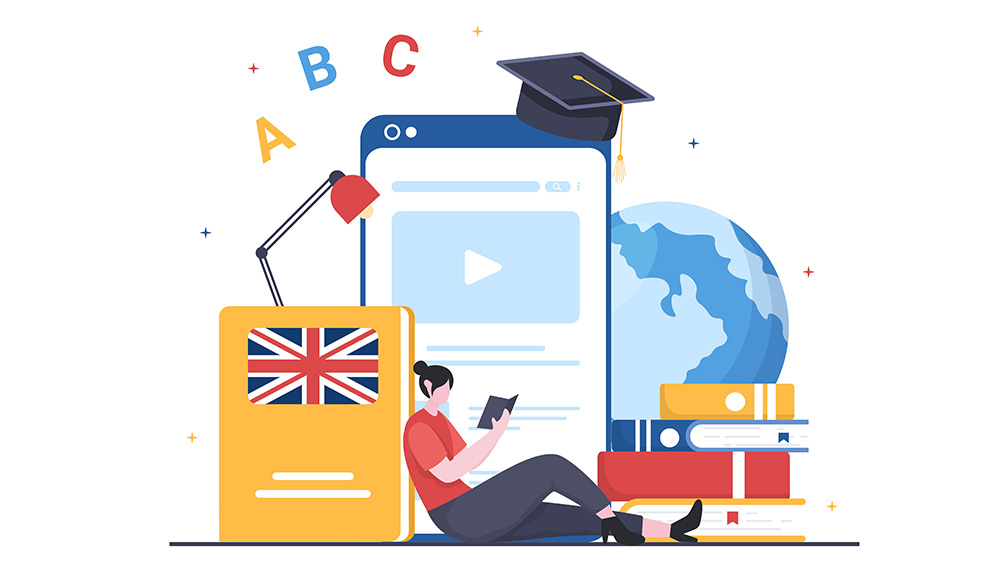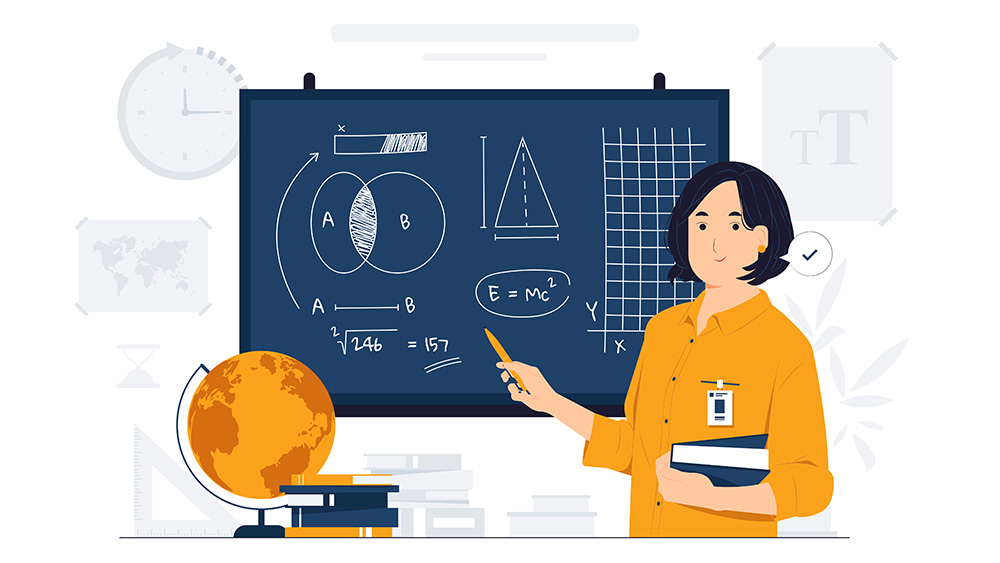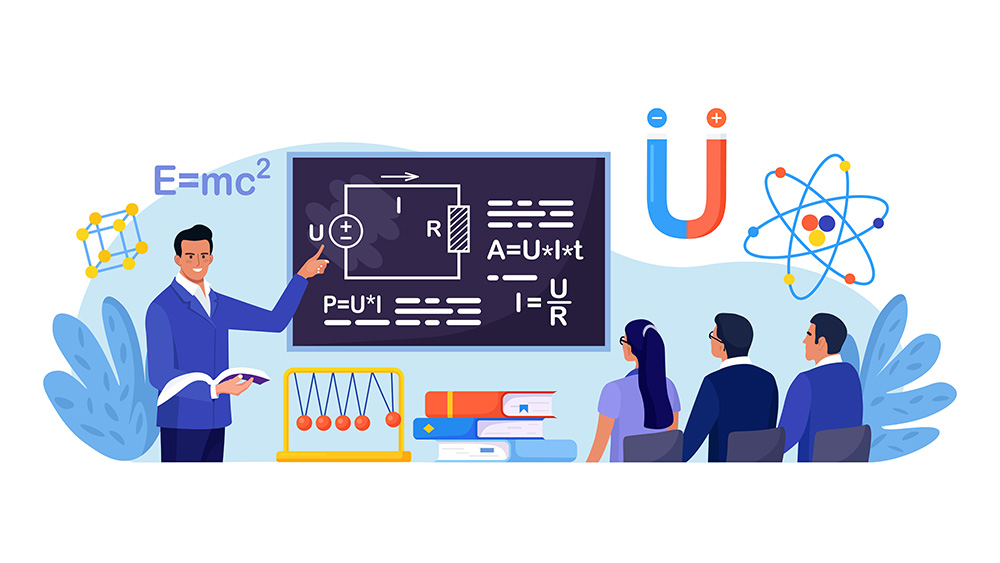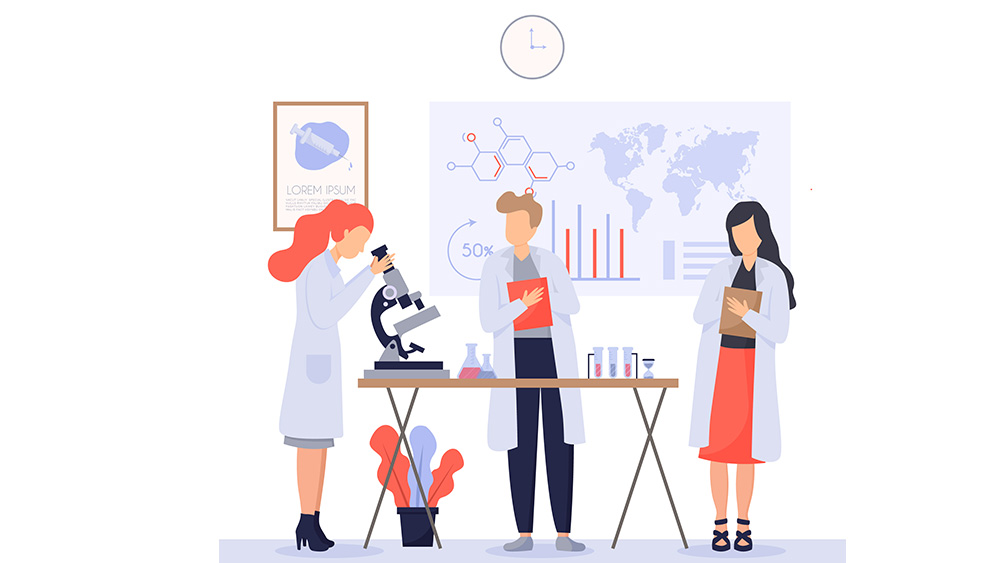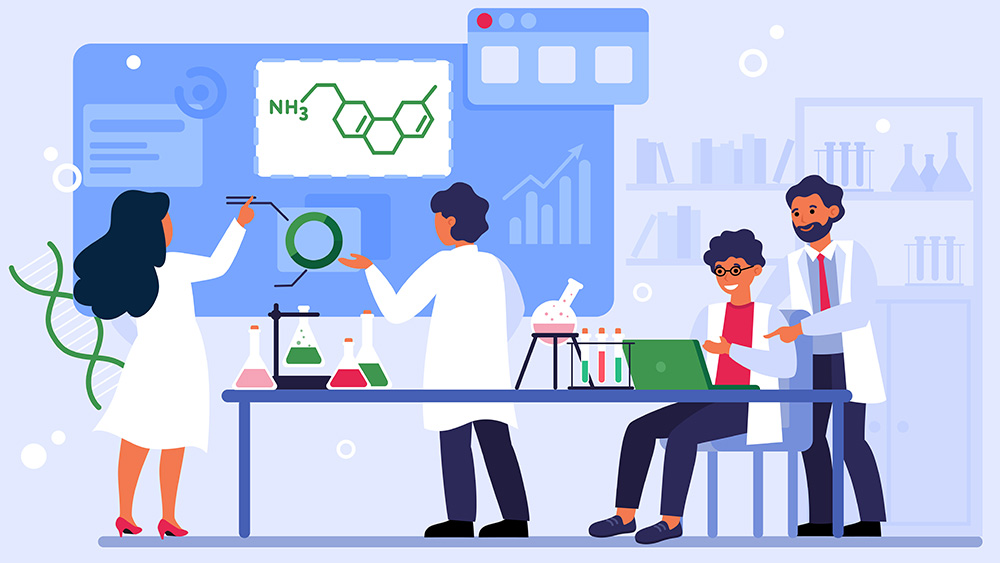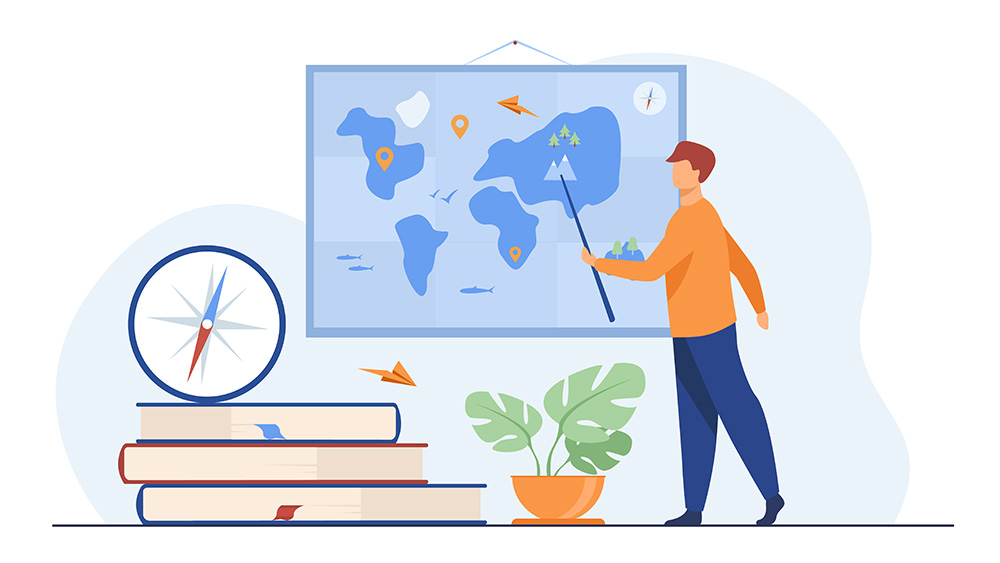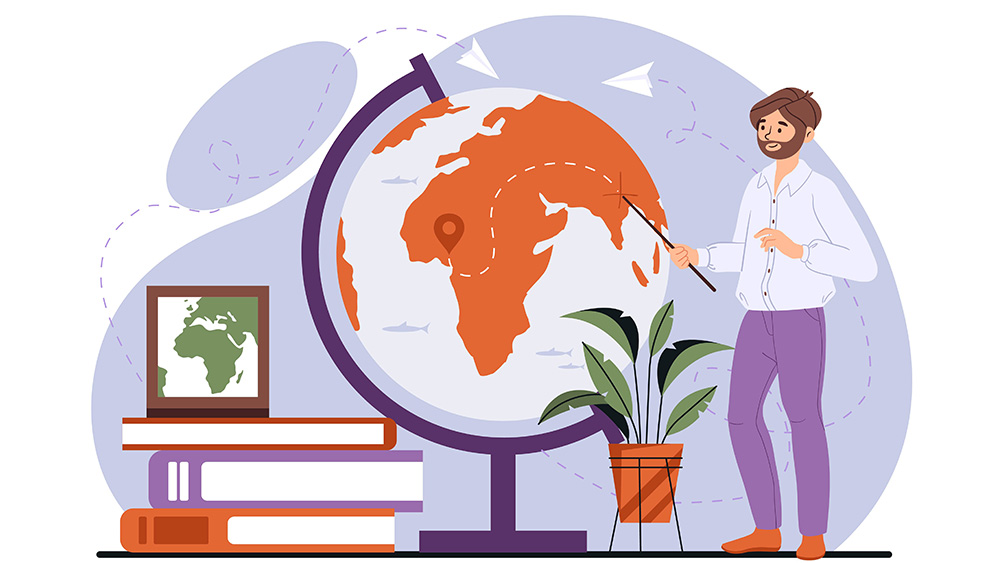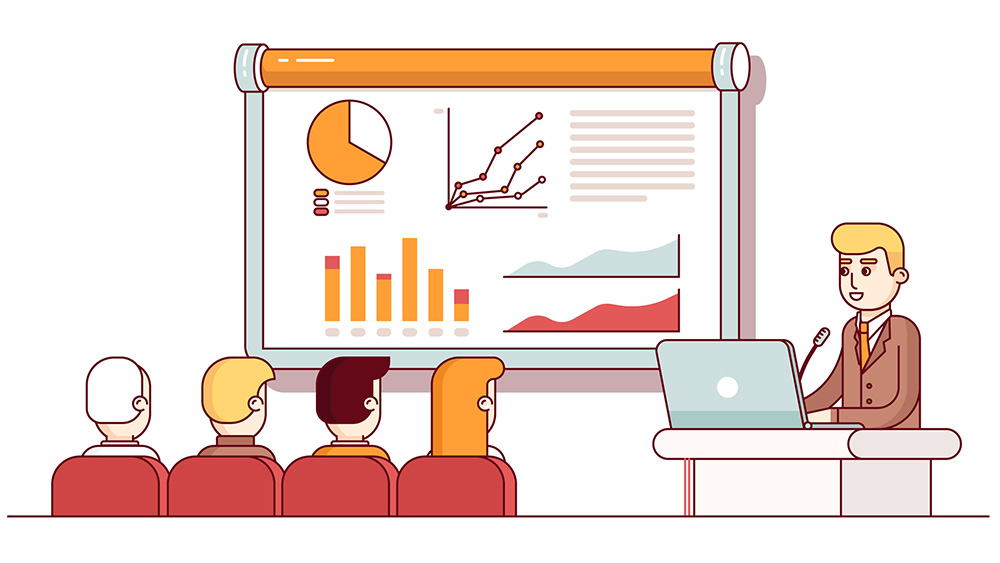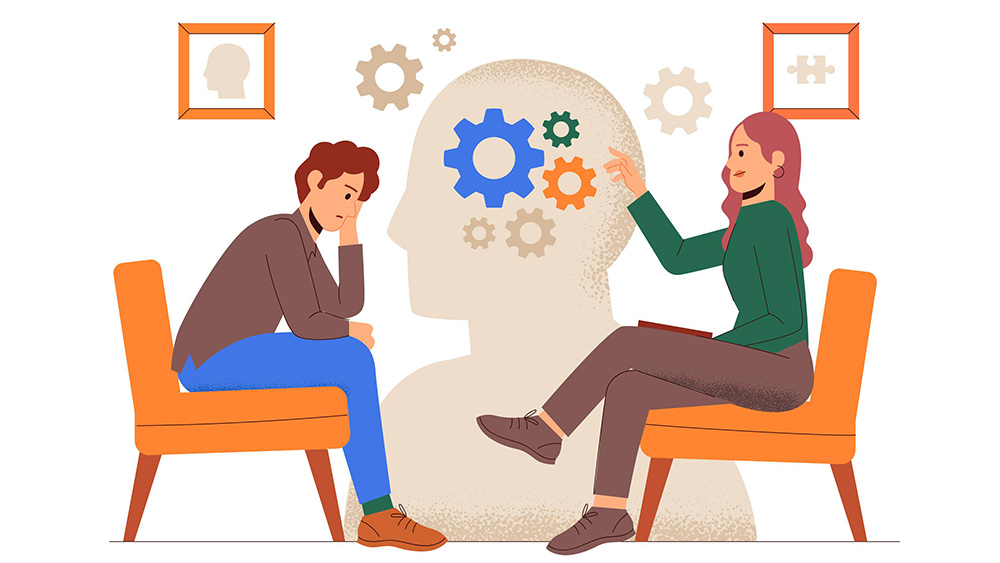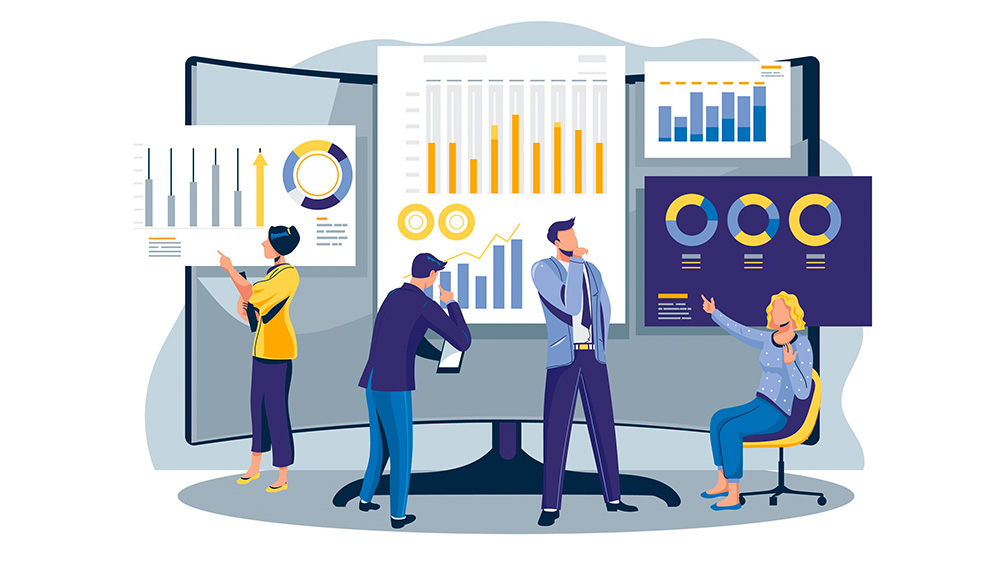Economics Courses
Students can gain a knowledge of the complexity and interconnection of economic activity in a quickly changing world by studying economics, which is an engaging and dynamic topic.
The issue of scarcity lies at the core of economic theory. Despite the fact that the world’s population has limitless demands and wants, there aren’t enough resources to provide them. Due to this scarcity, decisions must be taken. Both in SL and HL, the Diploma economics course uses economic principles to investigate how these decisions are made:
- Manfacturers and consumers within certain markets (microeconomics)
- The national economy and political spheres (macroeconomics).
- At the worldwide level, where nations’ reliance on one another is growing due to commerce, the mobility of labour, and the investment of money (the global economy). An IB economics tutor in India from GIBM can help you to understand more explicitly!
Economic agents (consumers, producers, and governments make decisions that result in both positive and negative outcomes, and these outcomes have an impact on how well-off individuals and societies are relative to one another. As a social science, economics uses models and theories to investigate these decisions. Examining the following 6 real-world problems that are addressed as economic questions in the IBDP economics course gives students the opportunity to investigate these theories and models and apply them using empirical data. The economic questions are
- How do consumers and producers make choices in trying to meet their economic objectives?
- When are markets unable to satisfy important economic objectives—and does government intervention help?
- Why does economic activity vary over time and why does this matter?
- How do governments manage their economy and how effective are their policies?
- Who are the winners and losers of the integration of the world’s economies?
- Why is economic development uneven?
According to economic theory, the number of products and services that a society has access to determines how materially prosperous that society is. Economic expansion and improved productivity have consequently emerged as important objectives. Two crucial global economic concerns, though, are connected to these objectives and the decisions taken by economic actors. These are the environmental effects of economic activity and the problems with ensuring that everyone has access to resources, goods, and services. For DP economics students to fully comprehend these important global concerns, sustainability as well as equity become fundamental ideas.
Because of how quickly the world is changing, economic activity and the results thereof are always changing. Therefore, throughout the course, students are urged to conduct research on current, real-world concerns. Students should be able to recognise the limitations and advantages of economic principles in describing actual economic processes and performance through their own research. Students in the economics course will acquire the knowledge, skills, values, and attitudes that will motivate them to act responsibly as global citizens by focusing on the 6 real-world problems through the 9 key ideas (scarcity, efficiency, choice, equity, economic well-being, self-sufficiency, change, interdependence, and intervention).
When compared to the SL course, the economics HL course is different because it:
- Suggested amount of time for instruction (240 hrs for HL compared to 150 hrs for SL)
- The nature of the exam questions calls for more depth and breadth (HL only; extended material).
- Both SL & HL students learn numeracy skills, but HL learners will need to enhance these as necessary, in order to analyse and evaluate economic links and give sound policy advice. In HL paper 3, these competencies are specifically tested. Employ an IB economics tutor from GIBM is the best Idea!
What Is IBDP Economics And International-Mindedness?
The economics course encourages global awareness with a curriculum that permits the study of economics in a distinctly global perspective. Teachers are free to select a variety of examples, case studies, and inquiries—both local and global—that are most pertinent to their student groups throughout the course in order to bring the major topic to life. The IB course’s adaptability to the quickly changing global context is made possible by this flexibility.
Although theory is the basis of economics, the course emphasises how to apply economic theory to problems that arise in the current world. Students are equipped to use their understanding and knowledge of economics to find answers to problems that matter to them by exploring economic issues with policy interventions at local, national, and international levels. Students who study economics get the analytical skills required to have a thorough awareness of the key global challenges that deal with issues of equality, sustainability, the concentration of economic power, and growing interconnectedness.
When learning about the economic problems that people in different countries face, the globally-minded economics student actively engages with the material and exhibits a high degree of agency. Agency here refers to people’s capacity for independent action and self-determined economic decision-making. This entails having command over their choices and results.
What Is The Teaching And Learning Approach Of The DP Economics?
Inquiry-based learning and instruction from an IB economics tutor in India are a main feature of the economics course, and learners are given the chance to investigate economic principles or global challenges using examples from real-world situations. Thus, a real-world issue-focused approach and the use of real-world examples should be used to assist the teaching of economics. In some evaluations, it may be necessary to build an argument around real-world examples as the foundation of your response.The student’s understanding of economics should then be shown through the use of a practical example in this debate rather than through a simple theoretical response. By doing this, the learners will be prepared to provide a theoretical response that goes beyond simply “saying” an example. Students must thoroughly explain, analyse, justify, and evaluate why their examples are pertinent to certain economic challenges.
To guarantee that a conceptual thread is weaved throughout the course, the nine fundamental concepts (scarcity, choice, efficiency, equity, economic well-being, sustainability, change, interdependence, and intervention) are incorporated into the conceptual understandings of all the units.
The DP Economics course has a heavy emphasis on the development of excellent verbal, written, and diagrammatic communication skills, critical and sophisticated thinking, and ethical issues that will aid students in preparation for the future working world. As a result, the student’s learning is supported and given significance by the IB student profile characteristics that are transportable to the entire CP.
FAQ'S
What is IB Economics?
IB Economics is an engaging and interactive online teaching and learning resource that provides thorough coverage of the most recent Economics syllabus for the International Baccalaureate Diploma Programme, encompassing Standard (SL) and Higher (HL) Level courses.
What is the best way to define economics?
Economics is an investigation of scarcity and how it affects how resources are used, how commodities and services are produced, how production and welfare increase over time, and a wide range of other complicated concerns that are extremely important to society.
IB economics: Is it challenging?
One of the most challenging IB classes is economics. But universities are aware of it. Higher education admissions offices all across the world are aware of how challenging the higher-level economics curriculum is, and many will take it into account when considering your applications to universities.
IB economics: Is it helpful?
Group 3 – Individuals & Societies is where the Economics subject for the IB Diploma Programme is located. Students may get a knowledge of the complexity and interconnection of economic activity in a quickly changing world by studying economics, which is an engaging and dynamic topic.
What aspects of IB economics make up this discipline?
Microeconomics, macroeconomics, the global economy, and introduction to economics make up the four units that makeup IB Economics. IB economics strives to equip students with a solid foundation in the field of economics, which is a very vast topic.
What is the difficulty level for an IB Economics 7?
A score of seven in IB Economics High Level is possible for everyone. However, that in no way implies that it is simple. To succeed in IB Economics is actually quite challenging. It calls for a significant amount of effort, repetition, and an in-depth understanding of the test procedure.
What IB maths is more suitable for economics?
The greatest option at the DP level for a student who wishes to study Economics, Physical Sciences, Mathematics, or Engineering would be Mathematics AA.
What much of the IB curriculum is economics?
There are two papers in the IB Economics SL (Standard Level) examinations (P1 and P2, both worth 40%). Your mark in IB Economics SL & HL is 20% dependent on your performance in the internal exam.
Why is IB economics difficult?
IB Economics contains a pretty extensive body of information; to succeed in the subject, you must be skilled in both math and economics since many areas need strong math abilities in order to apply the knowledge in the exam.
Where to find the best IB Economics tutor in Delhi-India?
The IBGA is the best coaching institute to find the best IB economics tutor in Delhi, Gurgaon – India. Vishesh Building, Plot No- 11, Golf course Road, Opposite – Global foyer Building, Sector-42, Gurugram, India
Related Courses
WHAT STUDENTS SAY





